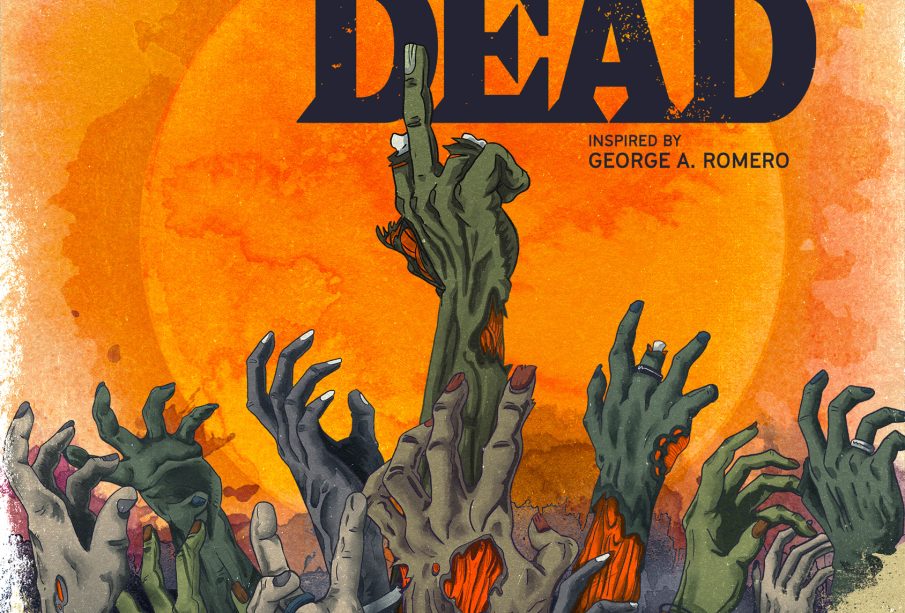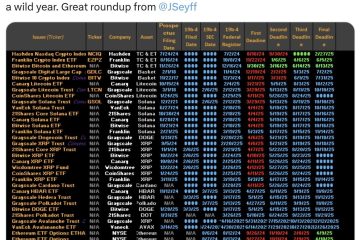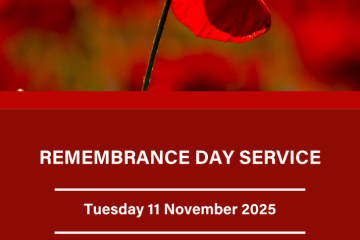The Significance of Day of the Dead Celebrations in Canada

Introduction
The Day of the Dead, or Día de los Muertos, is a vibrant and deeply rooted cultural tradition originating from Mexico, celebrated on November 1st and 2nd. This holiday honors deceased loved ones with colorful altars, offerings, and festivities. In Canada, the Day of the Dead has gained significant recognition and resonance, particularly among the Latino community, serving as a bridge between cultures while emphasizing the importance of remembering and celebrating life.
Overview of Celebrations
Throughout Canada, various communities have embraced the Day of the Dead, with major celebrations observed in cities like Toronto, Vancouver, and Montreal. Public festivals often feature an array of cultural activities, including traditional dances, art exhibits, and live music, allowing attendees to immerse themselves in the rich cultural heritage associated with this observance. Local organizations and cultural centers also create altars adorned with photographs, marigolds, and favorite foods of the deceased, inviting the public to participate in this collective remembrance.
Events and Activities
In Toronto, the Day of the Dead Festival at the Art Gallery of Ontario attracts hundreds of visitors who come to view altars created by local artists and families. Workshops are also offered, teaching attendees the art of sugar skull making, papel picado (decorative paper), and other traditional crafts. Vancouver’s Día de los Muertos celebrations feature a vibrant street parade, where elaborate costumes and performances bring the streets to life, reflecting the rich Mexican heritage.
Community Impact
The Day of the Dead serves not only as a celebration of life but also as an opportunity for cultural exchange and community engagement. Many Canadians of diverse backgrounds participate in the festivities, which promotes understanding and dialogue surrounding death, grief, and remembrance. Schools and universities are increasingly welcoming this cultural tradition into their curriculums, furthering appreciation for multiculturalism in Canadian society.
Conclusion
As the Day of the Dead gains prominence in Canada, it becomes a vital expression of identity for many and fosters connections among individuals of different backgrounds. The celebration’s emphasis on honoring and celebrating life serves as a reminder of the importance of community, remembrance, and cultural heritage. With such growing enthusiasm, future Day of the Dead celebrations in Canada are expected to flourish, enriching the cultural landscape and enhancing community bonds.









